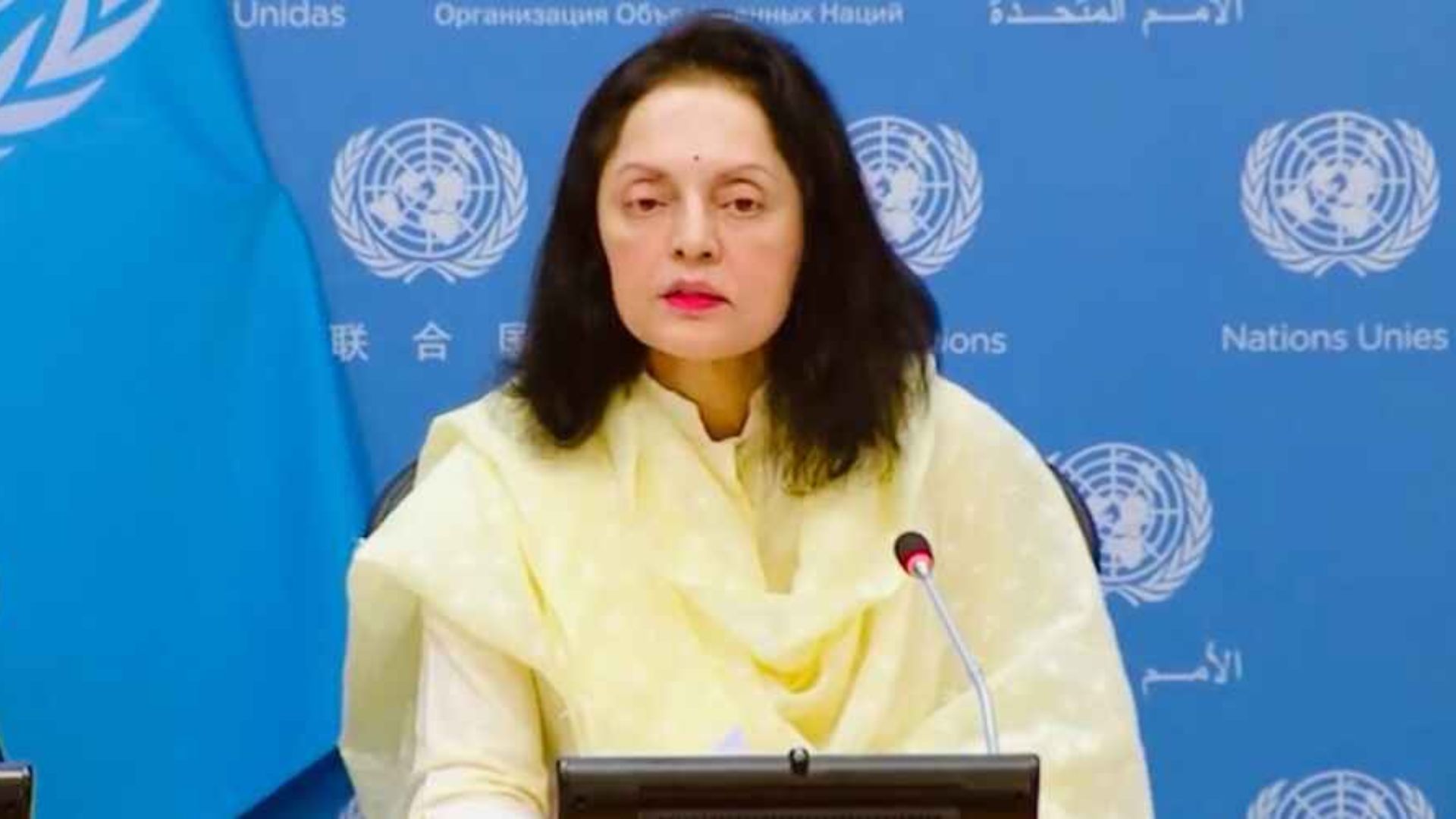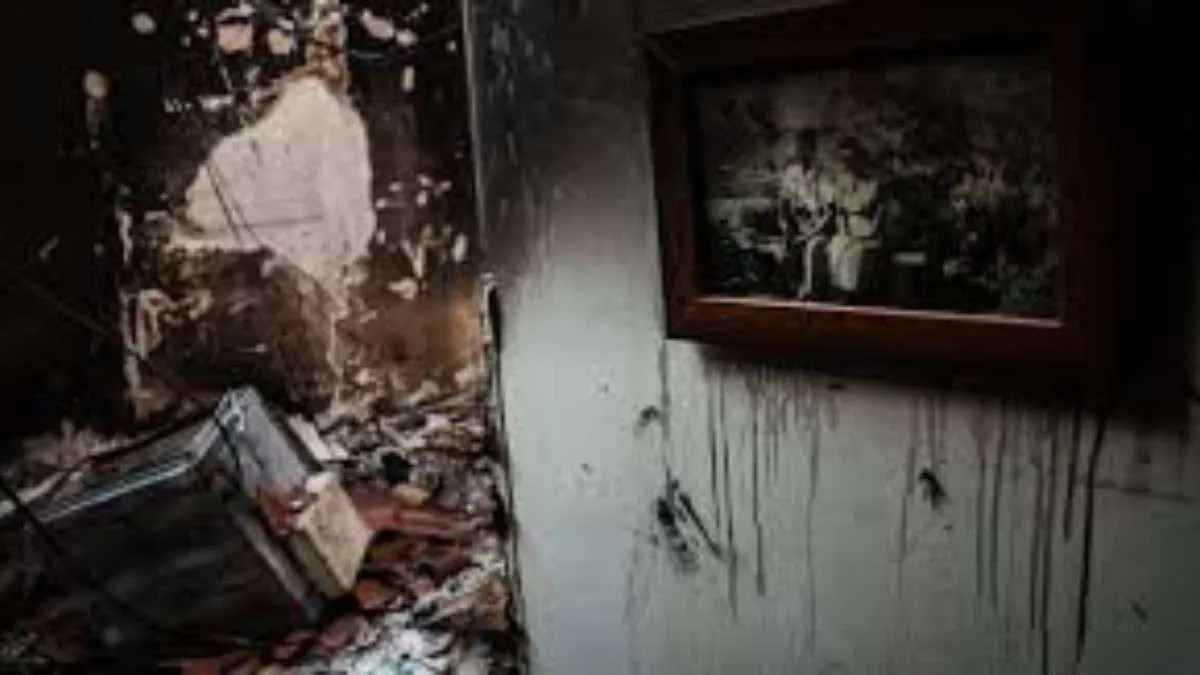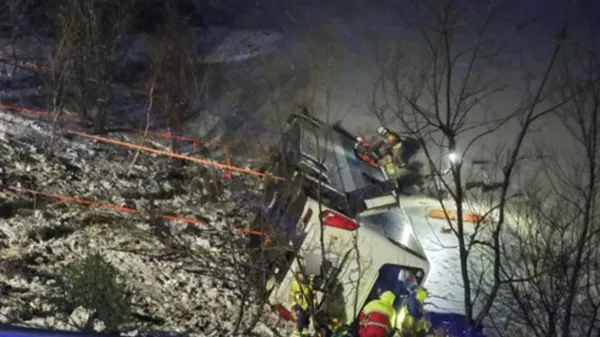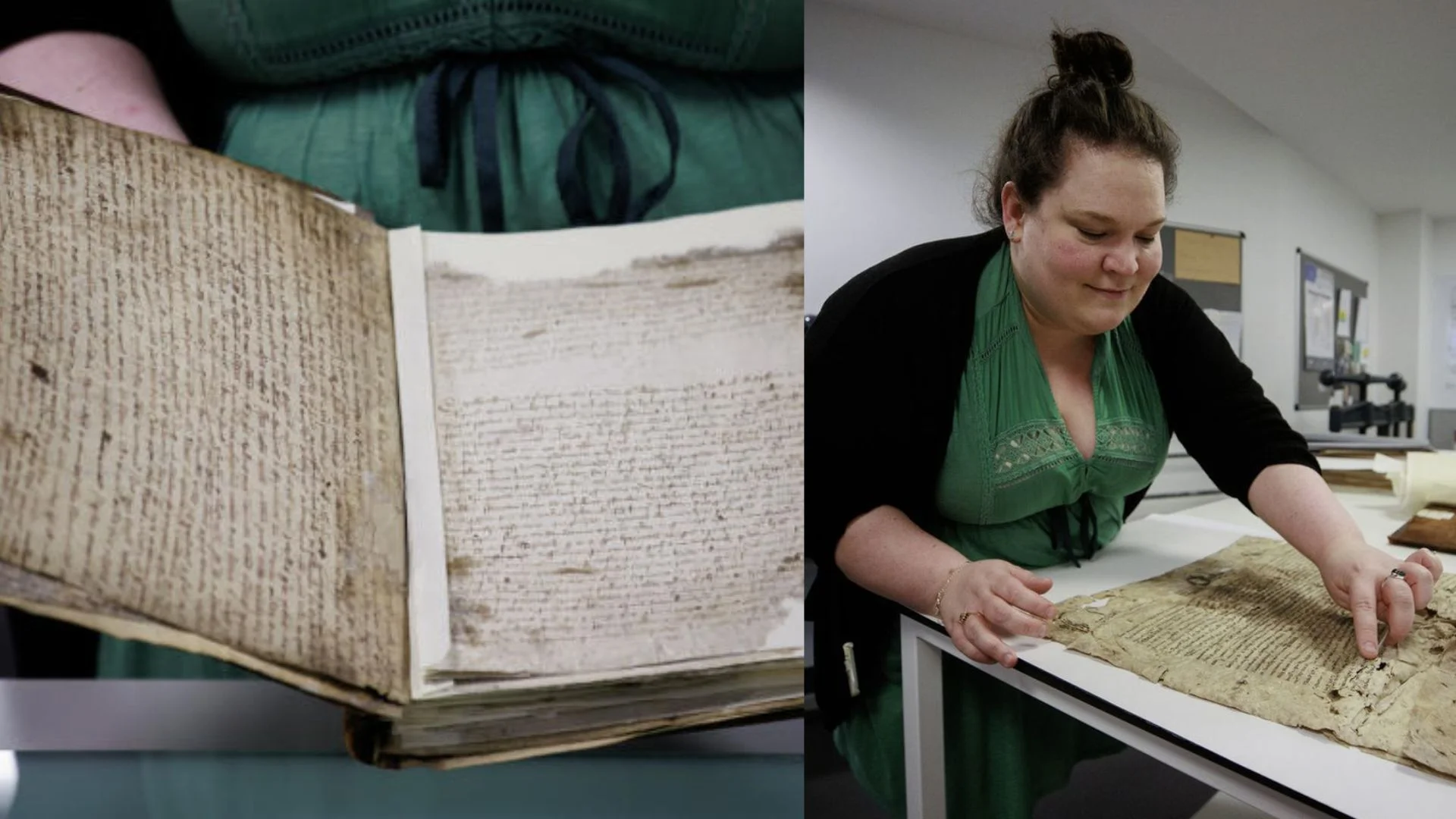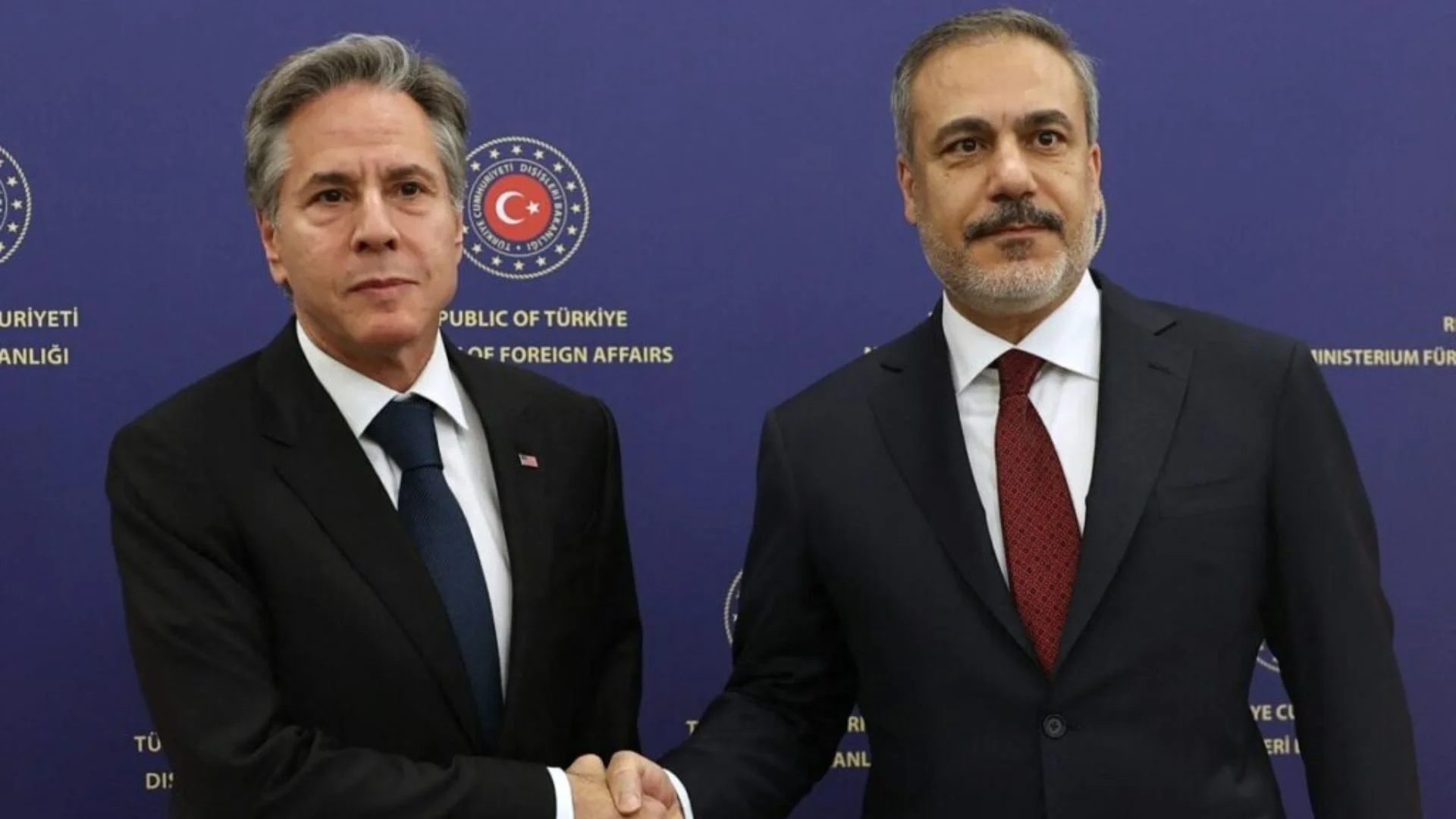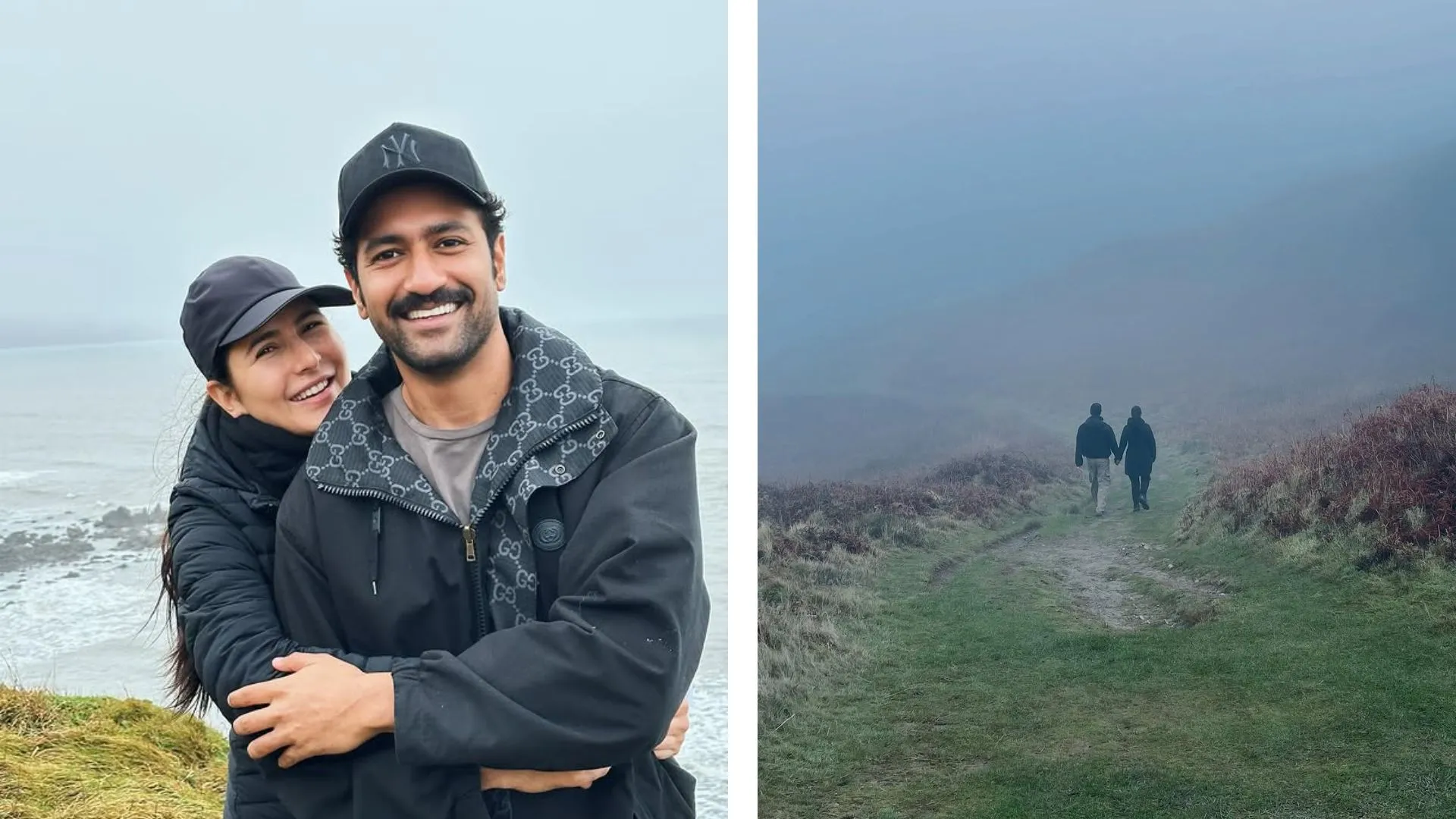India has strongly condemned countries that use their veto powers to block evidence-based terrorist listings at the United Nations Security Council (UNSC), calling the practice “uncalled for” and indicative of “doublespeak” regarding the council’s commitment to tackling terrorism.
“Let us turn to the subsidiary bodies inhabiting a subterranean world with their own custom-made working methods and obscure practices which do not find any legal basis in the charter or any of the council’s resolutions. For instance, while we do get to know of the decisions of these committees on listing, the decisions on rejecting listing requests are not made public,” India’s Permanent Representative to the United Nations, Ruchira Kamboj, said at a UNSC session.
“This is a disguised veto, but an even more impervious one that indeed merits a discussion amongst the wider membership. For genuine evidence-based listing proposals for globally sanctioned terrorists to be blocked without giving any due justification is uncalled for and smacks of doublespeak when it comes to the council’s commitment in tackling the challenge of terrorism,” she added.
Kamboj’s remarks appeared to be a veiled criticism of China, which had previously blocked a proposal to designate Pakistan-based Lashkar-e-Taiba (LeT) terrorist Sajid Mir as a global terrorist. She emphasized the need for transparency in the selection of chairs of subsidiary bodies and decision-making power, advocating for an open process based on exhaustive consultations.
“As one of the largest troop-contributing countries, my delegation would like to reiterate that the concerns of the troop and police contributing countries should be taken into consideration for better implementation of peacekeeping mandates. There is a need to review the agenda of the council and remove obsolete and irrelevant items from the agenda of the Security Council,” Kamboj added.
India also reiterated its call for UNSC reforms, urging countries that block the revision of giving permanent seats at the forum to contribute to making the council fit for the 21st century.
“As the threats to international peace and security evolve, Mr. President, so must this council. We ask those blocking progress on this vital issue to heed calls for genuine reform and contribute to making this council truly fit for purpose for the 21st century. Thank you,” Kamboj said.
“It is also imperative to note that working methods do not stand in isolation as they have an organic linkage to other clusters, including on the relationship with the General Assembly and discussions on the veto. Therefore, unless we address the issue in its entirety, a piecemeal approach would fail to offer a holistic solution,” she said.
“On the council’s engagement with the wider membership and as mandated by Article 24 of the UN Charter, one of the meaningful ways of doing this would be through a discussion on the report of the Security Council in the General Assembly. However, despite long-standing demands for analytical reportage, these remain just factual markers indicating the number of times the council has met or the total debates that have been conducted,” she added.

